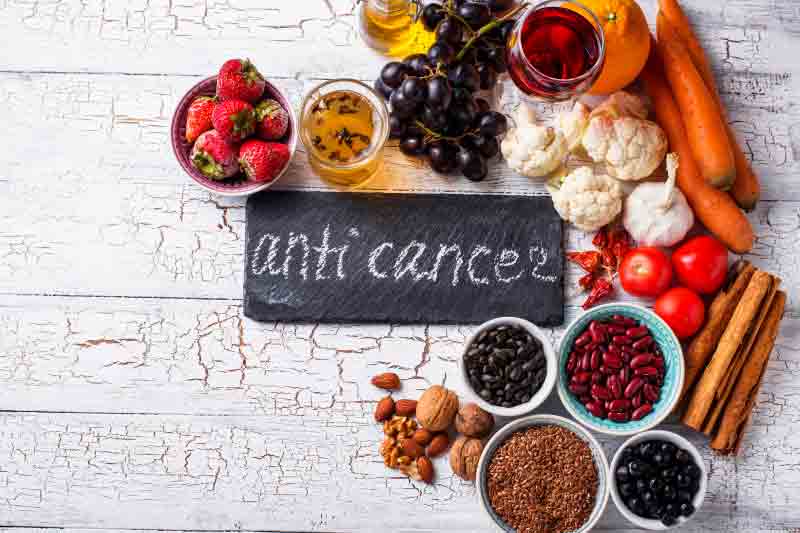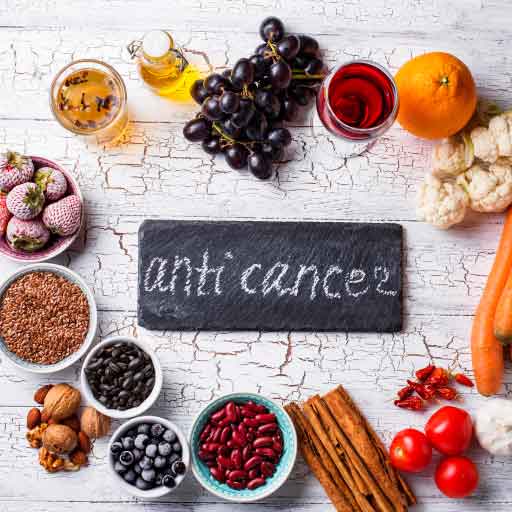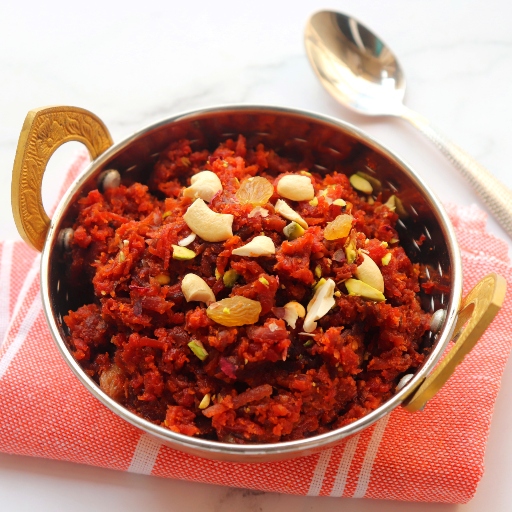Nutrition plays a vital role in the holistic well-being of patients diagnosed with cancer. But unfortunately, when it comes to food and cancer, there are many myths out there.
Nutrition myths about cancer
Take a look at how cancer nutrition myths are separated from facts:

Myth 1: Sugar feeds cancer cells.
Fact: All cells, cancerous or not, use sugar for energy. Sugar is naturally found in fruits, vegetables, honey, milk, and grains. Since cancer cells grow faster, they use more sugar. Neither consuming foods with sugar make cancer cells grow faster, nor does depriving your body of sugar slow cancer growth. Your body does not determine which cells get glucose and which go without it. If you do not eat enough healthy carbohydrates, the body uses other sources, such as fat and protein, to make the glucose it needs to function.
Avoid sugary foods such as sweets, desserts, artificial sweeteners in carbonated drinks, and processed foods, including cake, cookies, and biscuits. An increased amount of sugar in such foods can lead to an imbalance of your blood sugar levels, cause weight gain, and lead to poor nutrition, which can be potential risk factors for some cancers. Instead, consume whole grains, legumes, fruits, and vegetables, as these contain healthy sugar that transforms into complex carbohydrates.
Myth 2: Breast cancer patients should avoid eating soy.
Fact: A subgroup of these compounds (known as isoflavones) mildly mimic the female sex hormones estrogen. This has contributed to the idea that soy consumption disrupts hormone levels and increases the risk of breast cancer.
Soybeans are a type of legume that can either be eaten on their own or are used to make foods such as milk and tofu. Soy flour and protein are also used in many foods, including bread, breakfast cereals, and energy bars. This is an excellent plant-based fiber, iron, protein, and healthy fats source. If anything, soy reduces the risk of cancer.
Myth 3: Patients with cancer should only eat organic food.
Fact: Fruits and vegetables contain cancer-protective benefits. Both organic and non-organic products contain similar vitamins, fibers, and minerals. The only difference is that organic foods are grown without using pesticides. However, thoroughly washing non-organic foods can be added to the diet.
Myth 4: Hormones in milk and meat cause cancer.
Fact: Hormones occur naturally in all humans, animals, and plants. There are no hormone-free dairy or meat products. Meat provides a good source of protein and can be included as a part of a healthy diet. Reduce the consumption of processed and red meat, and choose chicken or fish and meat alternatives such as tofu, legumes, and nuts.
Myth 5: You can prevent cancer with ‘superfoods.’
Fact: Foods like pomegranate, blueberries, and green tea are considered ‘superfoods.’ Although these would make a great addition to your diet, do not rely solely on them. A balanced diet with legumes (beans or lentils), fruits and vegetables, and whole grains can help you stay healthy.
Misinformation can result in people making harmful changes to their dietary course. Consult your doctor for any advise on nutrition to stay healthy.
Stay active in the Activ Living Community to find more details on fitness and lifestyle.





 1800-270-7000
1800-270-7000










